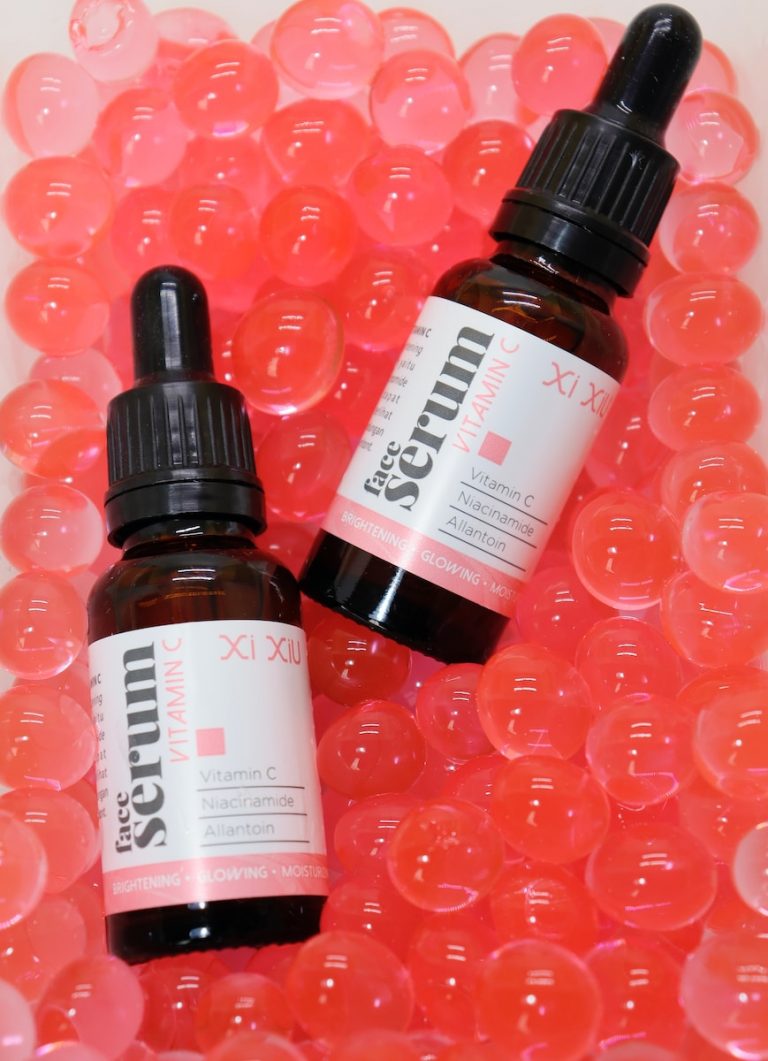The world of skincare can be overwhelming, with countless products and ingredients to choose from. One game-changing product you may not have considered is a serum. These potent elixirs pack a punch, delivering concentrated active ingredients to your skin for maximum benefits. In this comprehensive guide, we’ll discuss the advantages of incorporating serums into your skincare routine and address some frequently asked questions, including the topic of non-comedogenic serums.
Story Stages
What Are Serums?
Serums are lightweight, fast-absorbing liquids or gels that contain a high concentration of active ingredients. Their molecular structure allows them to penetrate deeper into the skin than traditional moisturizers, delivering potent benefits and addressing specific skin concerns. Serums can be used to target a wide range of issues, such as dehydration, fine lines, hyperpigmentation, and acne.
How to Use Serums in Your Skincare Routine
To get the most out of these powerful products, it’s essential to incorporate them correctly into your skincare routine. Here are some general guidelines for using serums:
- Cleanse your skin thoroughly to remove dirt, oil, and makeup.
- Apply any toners or essences to prepare your skin for the serum.
- Dispense a few drops of the serum onto your fingertips and gently pat it into your skin, focusing on areas of concern.
- Allow the serum to fully absorb before applying your moisturizer to lock in hydration.
- Use the serum once or twice a day, depending on the product’s instructions and your skin’s needs.
Choosing the Right Serum for Your Skin
With so many serums available, it can be challenging to determine which one is right for you. To select the best serum for your skin, consider your skin type and specific concerns:
- Dry or dehydrated skin: Look for serums containing hydrating ingredients, such as hyaluronic acid, glycerin, or aloe vera.
- Aging or mature skin: Opt for serums that address fine lines, wrinkles, and loss of elasticity, containing ingredients like retinol, peptides, or vitamin C.
- Hyperpigmentation or uneven skin tone: Seek out serums with brightening ingredients like niacinamide, alpha arbutin, or kojic acid.
- Acne-prone or oily skin: Choose serums with ingredients that help control oil production, soothe inflammation, and combat acne, such as salicylic acid, tea tree oil, or zinc.
Frequently Asked Questions
Can I use multiple serums at once?
Yes, you can layer multiple serums to target different skin concerns simultaneously. However, it’s essential to apply them in the correct order to ensure optimal absorption. Start with the lightest or thinnest consistency and work your way up to the thickest. Allow each serum to fully absorb before applying the next one. Be cautious of potential ingredient interactions and consult a dermatologist or skincare professional if you’re unsure.
Are serums suitable for sensitive skin?
Serums can be suitable for sensitive skin, but it’s essential to choose a product specifically formulated for sensitivity. Look for serums with soothing ingredients, such as chamomile, calendula, or centella asiatica, and avoid potential irritants like synthetic fragrances or harsh exfoliants.
What are non-comedogenic serums?
A non comedogenic serum is formulated to avoid clogging pores, making it ideal for acne-prone or oily skin types. These serums typically contain lightweight, oil-free ingredients that won’t cause breakouts. Look for serums labeled as non-comedogenic or consult a dermatologist or skincare professional for recommendations tailored to your skin.
How long does it take to see results from using a serum?
The time it takes to see results from using a serum can vary depending on the product and your specific skin concerns. Some serums, such as hydrating or soothing formulas, may provide immediate benefits, while others, like those targeting hyperpigmentation or fine lines, may take several weeks or months to show visible improvement. Consistency is key when using serums, so be patient and continue using the product as directed to achieve the best results.
Can I use a serum instead of a moisturizer?
While serums are highly concentrated and deliver potent benefits, they are not designed to replace moisturizers. Serums focus on addressing specific skin concerns, whereas moisturizers provide hydration and help to lock in the serum’s active ingredients. It’s essential to follow up your serum application with a moisturizer to ensure your skin stays hydrated and healthy.
Are serums suitable for all skin types?
Yes, serums can be suitable for all skin types, provided you choose a product specifically formulated for your skin’s needs. With a wide range of serums available targeting various concerns, you’re sure to find one that works for your unique skin type and goals.
In conclusion, incorporating serums into your skincare routine can provide a multitude of benefits, from hydrating and brightening to combating the signs of aging. By understanding your skin type and concerns, selecting the right serum, and applying it correctly, you can elevate your skincare game and achieve a radiant, healthy complexion. Don’t forget to prioritize non-comedogenic options if you’re prone to breakouts and always consult a dermatologist or skincare professional for personalized advice.
